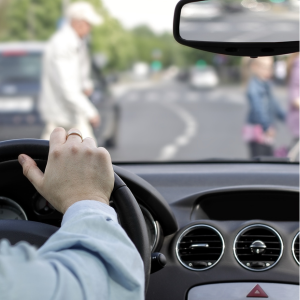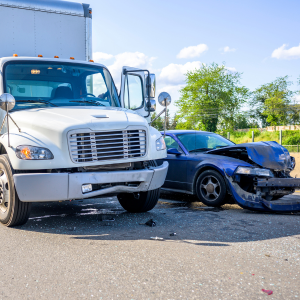When a reckless driver causes a car accident that leads to serious injury, he or she can generally be held responsible for that dangerous behavior. Many motor vehicle accident victims in Connecticut choose to do so by pursuing personal injury claims. However, it is not enough to simply say that the other driver was reckless.
Demonstrating that a driver was reckless is also demonstrating his or her liability for an injury. But what does recklessness mean? When a driver acts recklessly behind the wheel, it means that he or she either knew or should have reasonably known that those actions would most likely cause harm. It does not mean that the driver intended to cause harm.
Reckless behavior includes things like drunk driving and drag racing, especially in a residential area. Speeding can also be considered a reckless act. While recklessness shares many of the same examples of negligence, they are not to be confused. A negligent driver is one who caused harm because of incompetence or carelessness. Recklessness requires actual intent to engage in a dangerous behavior.
It is not hard to find reckless drivers in Connecticut, and many people may encounter several each and every day. Since reckless drivers can cause very serious car accidents, some people may find it unsettling that, no matter how safely they drive, avoiding danger might not be possible. There is help available in these types of situations, though. If a driver acted recklessly and injured another person in the process, the victim can choose to pursue compensation by filing a personal injury claim.




